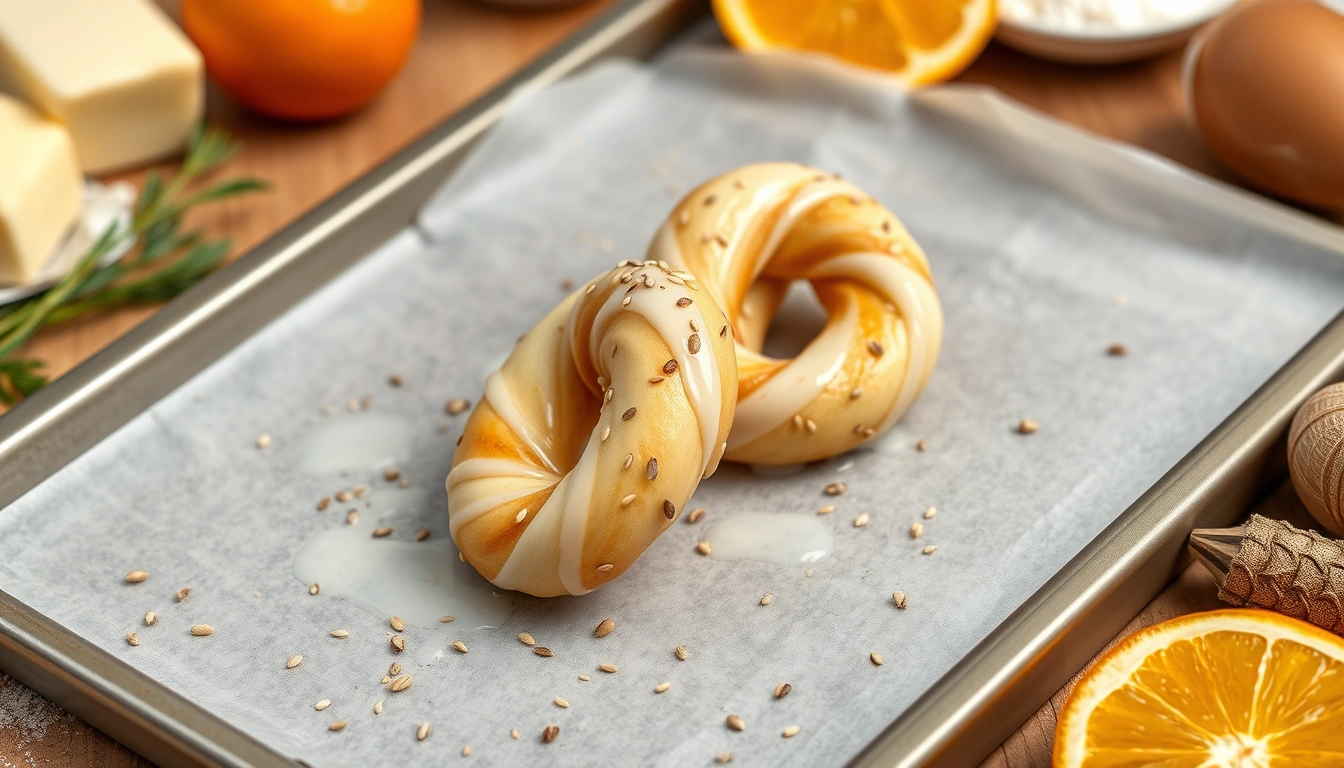Koulourakia are traditional Greek cookies that are especially prepared during the Easter season. Their name comes from the Greek word "koulouri," which means "doughnut" or "ring," referring to the characteristic shape of these cookies, which are often presented braided or in a spiral. These cookies have a history dating back to ancient Greece, where they were made as offerings in religious festivities.
In different Latin American countries, this type of cookie may have variations in names and preparations, but Easter cookies with sesame are known for maintaining the tradition of being delicate and aromatic breads or cookies in the shape of a ring or braid, similar to Greek koulourakia. In some places they are called “doughnuts” or “braided cookies,” but the traditional essence of koulourakia remains in the crispy texture and the slightly sweet touch with sesame seeds.
How to prepare Greek Easter sesame cookies koulourakia
To prepare these delicious cookies you will need butter, sugar, eggs, orange juice, flour, baking soda, baking powder, egg, and milk.
Start by beating the butter until it is soft and creamy.
Add the sugar gradually while continuing to beat to incorporate the ingredients well.
Then, add the eggs one at a time, alternating with orange juice to give it a fresh and aromatic touch.
Incorporate the previously sifted flour along with the baking soda and baking powder, integrating it little by little to avoid lumps.
The dough should be smooth and manageable, perfect for shaping.
Shape the cookies to your liking. Traditionally, Greek cookies are two small strands of dough twisted together and brushed with a mixture of egg and milk.
Sprinkle with sesame seeds to decorate and add that characteristic flavor.
Place the cookies on a baking tray that you have previously greased to prevent sticking.
Bake at a temperature between 375 and 400 degrees Fahrenheit for 10 to 12 minutes or until golden brown.
Let cool before enjoying these exquisite cookies that combine tradition and flavor in every bite.
